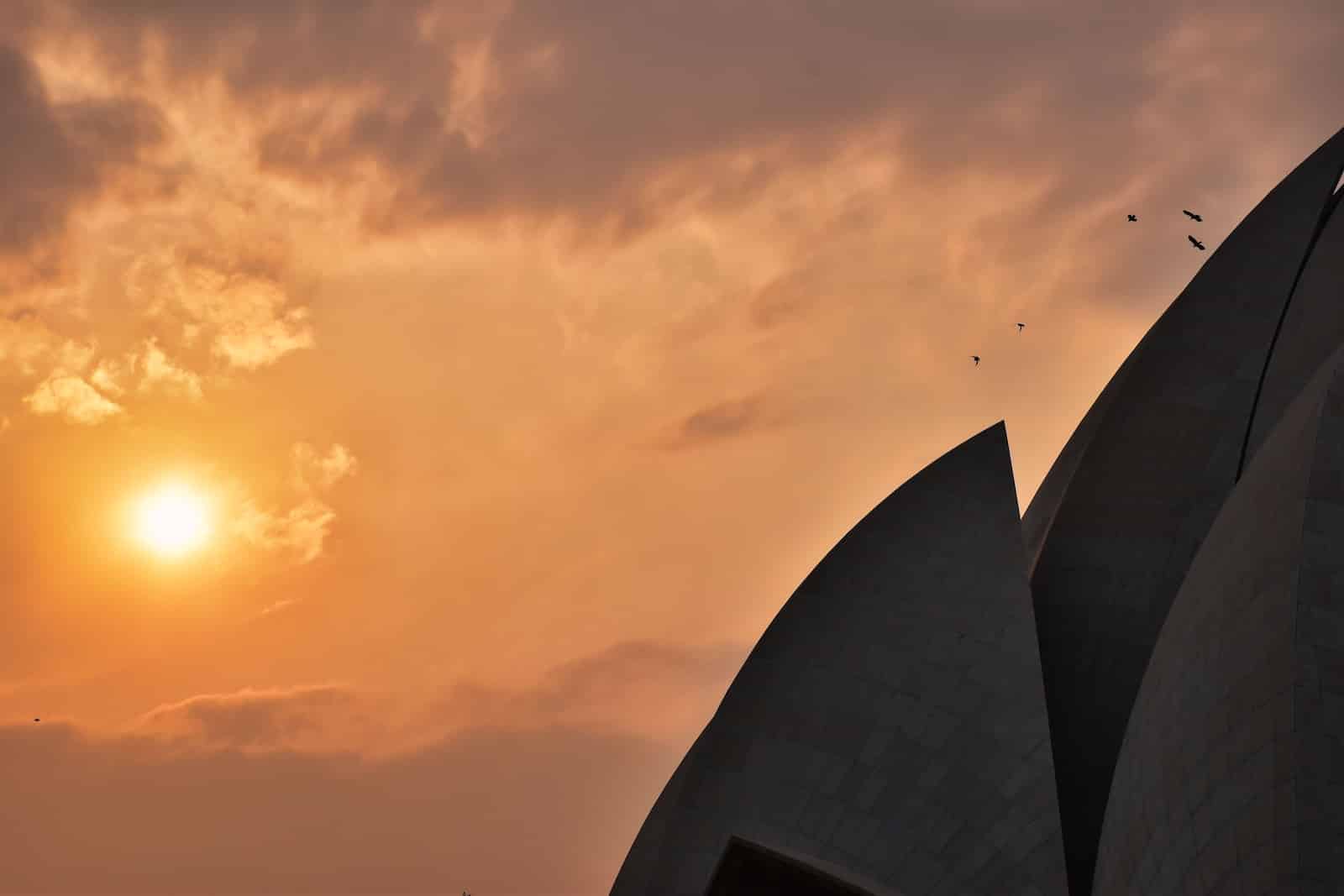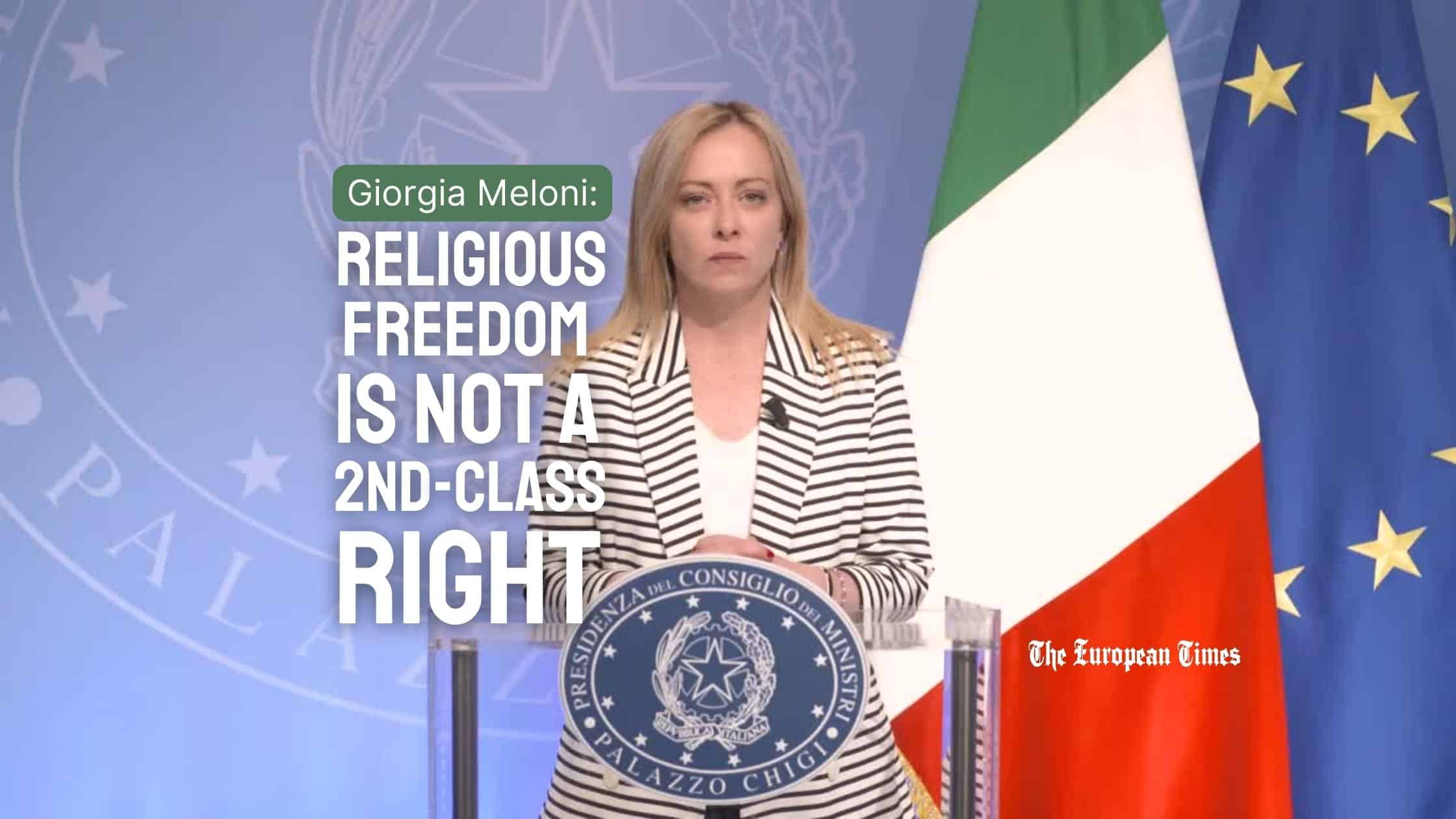A bit of History
In 1844, a young merchant from Shiraz, Seyyed Ali Mohammad, after having a vision, proclaimed himself the Báb, someone charged by God to prepare the way for the one to come. To use a simile related to Christianity, it would be like John the Baptist was for Jesus Christ. The followers of Ali Mohammad, the Báb, defined themselves as Baháís.
Very soon the Báb bestowed the title of Bahá’u’lláh, which in Persian means the Glory of God, on one of his first followers, Mirza Husayn-‘Alí, a nobleman, and he soon gained his claim to be the messenger of God. impulse. However, in Persia, as Iran was known until 1935, and both names coexist today, any manifestation that did not agree with the state religion was considered heretical and therefore punishable by death.
The Báb was shot in Tabriz on 9 July 1950, just six years after proclaiming the religion and four years of imprisonment. Bahá’u’lláh Himself, because of His influence, was condemned to exile by the Persians and also by the entire Ottoman Empire, to which He belonged. From country to country, finally exiled, he ended up in the penal colony of Acre (present-day Israel), where, after 40 years of pilgrimage, he died on 29 May 1892. His tomb on the outskirts of the city is venerated today, and his followers pray at his grave from all over the world.
From the beginning, Baha’is have been systematically tortured, convicted and executed in the state of Iran, and this has not changed to this day.
Today, thanks to the expansion promoted by many of his followers, and especially by his son ‘Abdu’l-Bahá, who, until his death in Haifa on November 28, 1921, founded Bahá’í faith groups in Canada, the United States In the United States and Europe, there are more than ten million members, established in 247 countries, from more than 2,000 different ethnic, tribal and racial groups, although its strongest point of support is undoubtedly in India.
10 Bahai women murdered in Iran for their religious beliefs
However, in Iran (Persia) this did not save 10 young Baháí girls from being executed by the execrable regime of the ayatollahs on 18 June 1983. These young women remain today the symbol of all those who demonstrate every day in that territory. They are one of the largest on the planet, demanding some of the most basic human rights necessary for a life of peace and freedom.
In the early hours of 18 July 1983, night gave way to a faint light that illuminated the slow walk of 10 young women who during the previous days had been harassed and tortured by those who watched over morality in a totalitarian regime that does not understand reason and which, although applied with the greatest harshness, is increasingly being challenged.
Taheren Arjomandi Siyavushi, Simin Saberi, Nosrat Ghufrani Yaldaie, Ezzat-Janami Eshraghi, Roya Eshraghi, Mona Mahmoudnejad, Shahin (Shirin) Dalvand, Akhtar Sabet, Zarrin Moghimi-Abyaneh and Mahshid Niroumand, had been held in one of the most infamous places in Shiraz, the Revolutionary Guard Penitentiary Center, since the end of 1982. There they were interrogated so harshly to make them denounce their fellow believers that when they reached the gallows where they were to be executed, even though they held their heads high, they were is no longer strong enough. His only two crimes: being a Bahá’í and defending equal education for women in a country where women have fewer rights than dogs.
Days before, some of their parents or brothers had also been killed, suspected of the same practices, but that day, each and every one of them had to witness their sisters being hanged in the cult. Not even the youngest, Mona, just 17 years old, relented, even kissing the hands of the hangman who put the noose around her neck.
Forty years later, they are the symbols of the explosions that are taking place in Iran. Added to them every day are the corpses of those executed, whether they are lawyers, journalists, women or simply people who have tried to demonstrate for a “slightly fairer” society.
Women in Iran are second-class citizens, and not just in Iran; Their rights, permanently violated, are not the subject of debate as they are in the West, where the gender gap is clear, but where, in a permanent democratic context, dialogue between social layers makes it less and less visible. But in Iran this will never happen. Simply because there are some 24 laws designed specifically to oppress women.
Women in Iran can be raped, beaten and even mutilated if caught breaking any of the rules. And if they belong to a different religion, such as the Baha’is, they are likely to face the death penalty.
In recent months, the Iranian regime has taken to the streets with all its artillery of totalitarian repression, more than 20,000 people have been arrested and at least a hundred have been officially assassinated, although there could be many more if other sources are consulted.
While in the West we seek gender confrontation as a populist issue, the real struggle is taking place in other societies where we don’t usually look and forget. I hope that the memory of Mona and those Bahá’í women will help us to rethink gender discourse and focus it exactly where it belongs, in the achievement of the most basic human rights for all women in the world who live subject to the arbitrariness of totalitarian laws and, above all, the interests of their “masters”.
Read more:
Armed Houthis attack peaceful Baha’i gathering, arresting at least 17, in fresh crackdown













